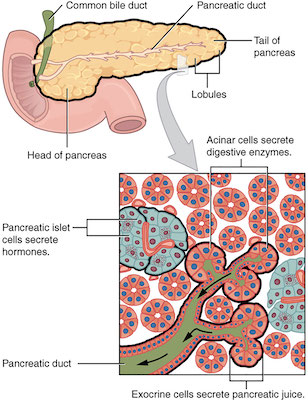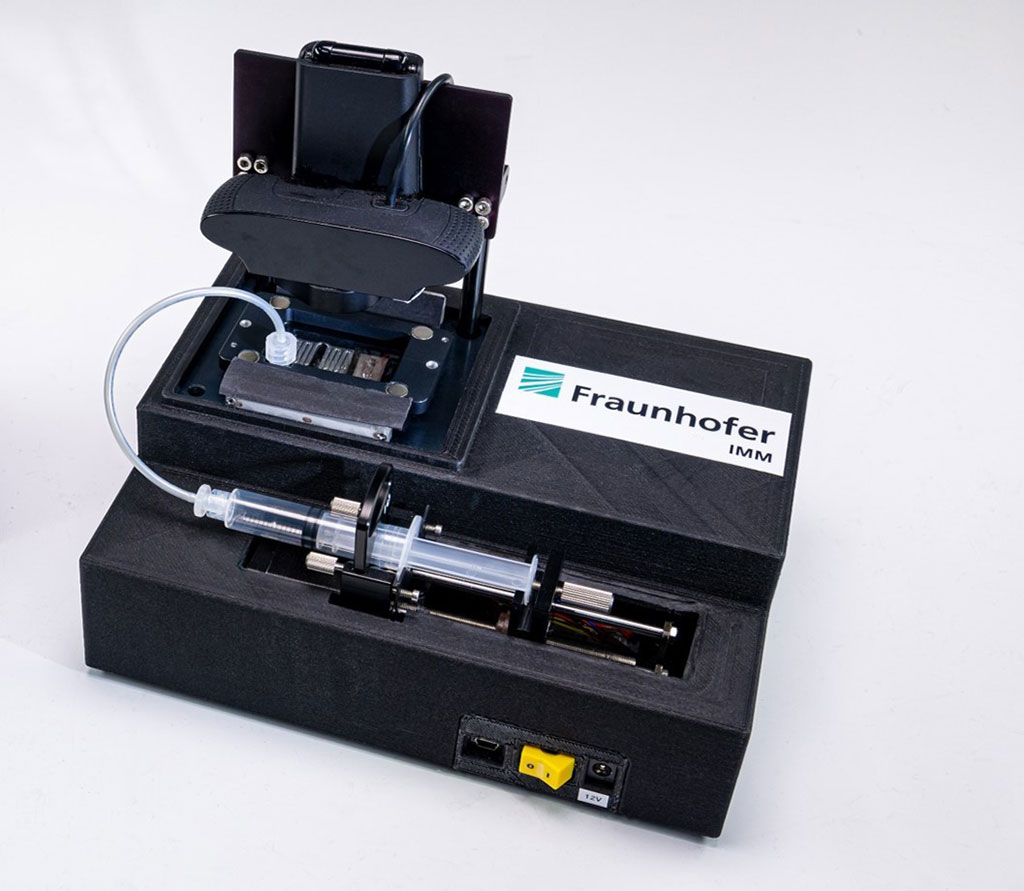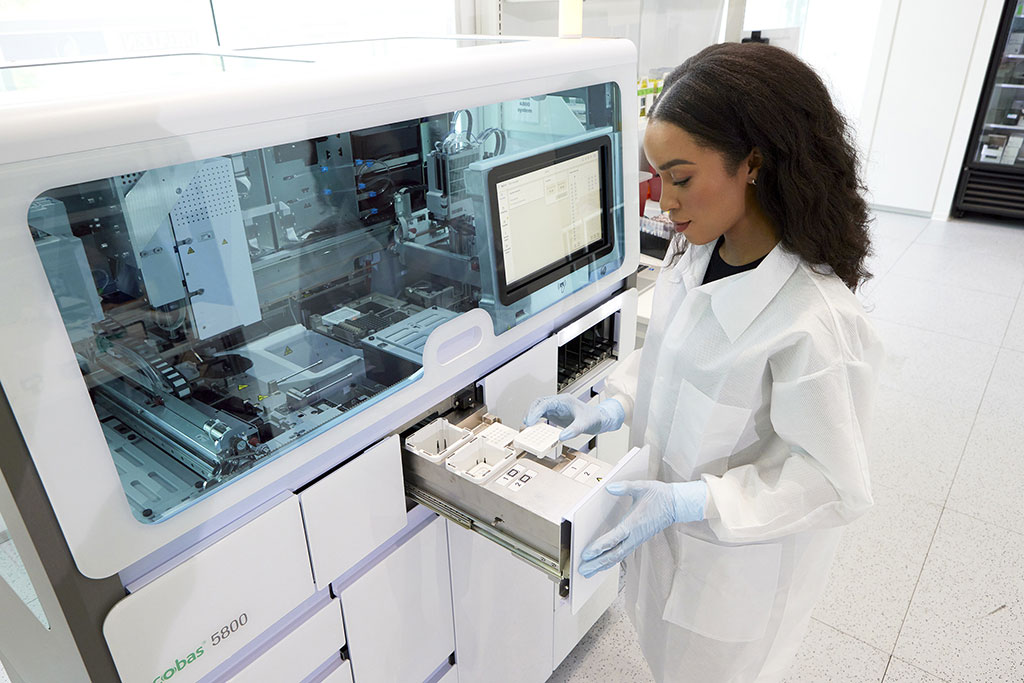Molecular Diagnostics



Fast, Open and Digitalized PCR Platform Produces Results in 15 Minutes
Researchers are developing a rapid test system that would combine the advantages of more sensitive PCR tests and cheaper, but less reliable, on-the-spot antigen tests that are sold in drug stores and supermarkets. The new tests will also be more affordable than the PoC PCR rapid test systems that are currently on the market. More...03 Nov 2022

Novel Phage- and CRISPR-Based Approaches to Enable Diagnosis of Sepsis in Blood Samples
A team of researchers is working to develop novel phage- and CRISPR-based approaches to detect and treat sepsis, including hybrid bio-inorganic nanobots, CRISPR-based devices, and CRISPR-quipped engineered phages. Their research could lead to formulating a revolutionary strategy to diagnose sepsis in blood samples in the future. More...03 Nov 2022

New Test Identifies Women Less Likely to Respond to Standard Breast Cancer Treatment
Scientists have identified a set of new ‘biomarkers’ – or biological markers – that are associated with poor response to drugs called aromatase inhibitors, in patients with ER+/HER2+ breast cancers. The findings are significant in their potential to guide future treatment for women with ER+/HER2+ tumors. More...03 Nov 2022

New Test Detects Antibodies Responsible for Thromboses and Miscarriages
Antiphospholipid syndrome (APS) is an auto-immune disease that can cause miscarriages or the death of the fetus. Researchers have now created the best possible target molecule for the antibodies responsible for APS, enabling a new screening test to be developed. More...02 Nov 2022

New Molecular Diagnostic System to Expand Access to PCR Testing in the U.S.
Roche Diagnostics (Basel, Switzerland) has announced plans for the U.S. launch of the cobas 5800 System, a compact, fully-automated molecular laboratory instrument that offers a flexible, PCR testing solution that aids clinicians in diagnosis of infectious diseases. More...02 Nov 2022
In Other News
Novel Nanopore-Based Technology Rapidly and Precisely Detects Pathogens for Cancer Patients
Blood Test Accurately Diagnoses Early-Stage Osteoarthritis
Next-Gen Whole Blood DNA Collection and Extraction Kit to Introduce Cutting-Edge Capabilities
Liquid Biopsies Can Identify Cancer Patients at Higher Risk of Developing Additional Blood Cancers
World’s First Portable, High Yield Sequencer Provides Comprehensive DNA Analysis for Anyone, Anywhere
Diagnostic Tool Applies Machine Learning to Identify and Predict Sepsis Cases
Hematological Neoplasm Cytogenetics Profiled With Optical Genome Mapping
Super-Enhancer Induces Oncogenic Driver in Colorectal Carcinoma
Simple Blood Test Could Offer Smarter Treatment for Children’s Cancer
AI Diagnostic Tool Could Deliver Results in Two Minutes Using Fingertip Sample
Swab Test Identifies Dangerous Cervical Cell Changes Years Before They Occur
Periodontal Rapid Diagnostic Test Could Calculate Risk for Heart and Lung Disease
AI-Based Prenatal Blood Test Identifies Dangerous Fetal Heart Defects before Birth
Gene Expression Profiling of Mucinous Ovarian Tumors Identifies Prognosis Markers
Link Identified Between Mitochondria and Pancreatic Cancer Risk
Nucleic Acid Amplification Technology to Help Develop Instrument-Free Assays
Fecal Immunochemical Test a Less Expensive Alternative for Colorectal Cancer Screening

Direct-From-Blood Molecular Diagnostic Test to Rapidly Detect Early Lyme Disease
Oncology Test Integration with EMR to Simplify MRD Testing Workflows
New Testing Method Simplifies Tuberculosis Diagnosis
Rapid Blood Test Predicts Organ Transplant Rejection in Six Hours
Levels of Circulating Cell-Free DNA Predict Risk of Developing Dementia
Molecular IVD Assay Identifies Women at High Risk for Cervical Cancer
Genetic Testing channel of LabMedica brings the latest in molecular genetics, cytogenetics, and epigenetics, and methods from PCR to FISH, and more.










